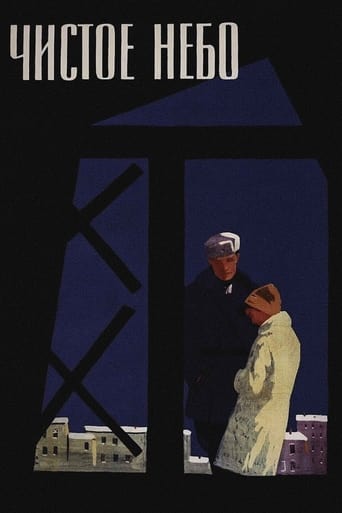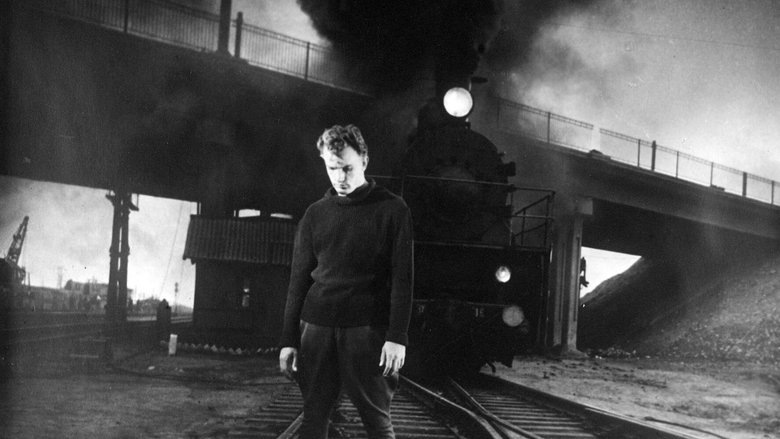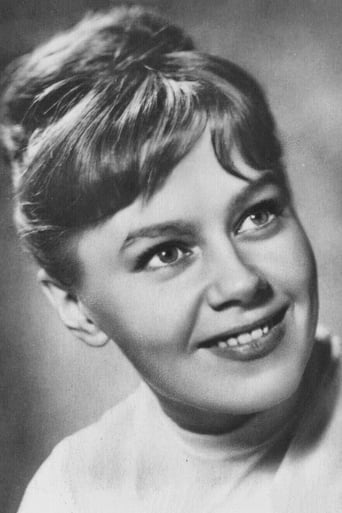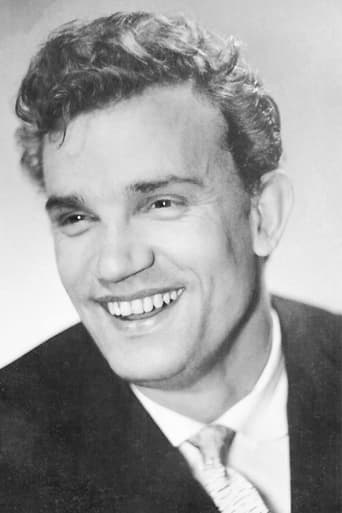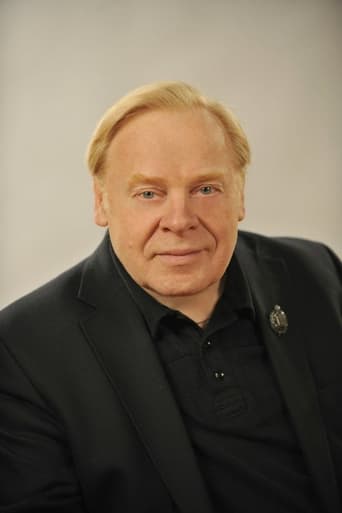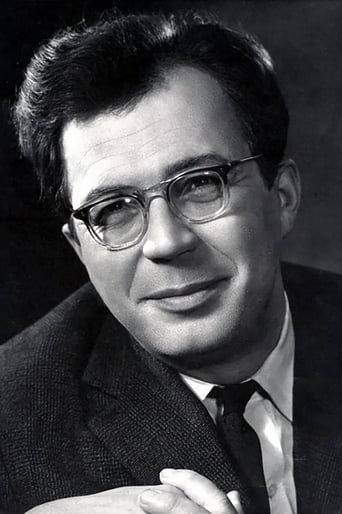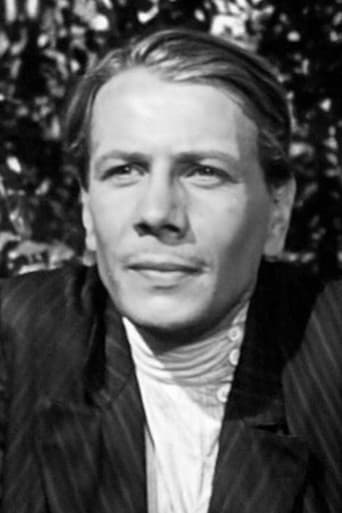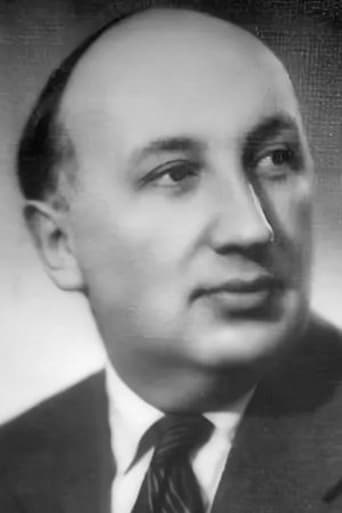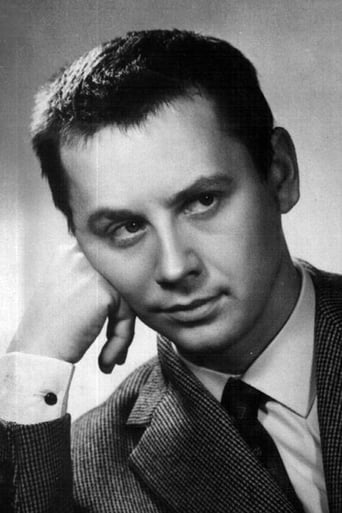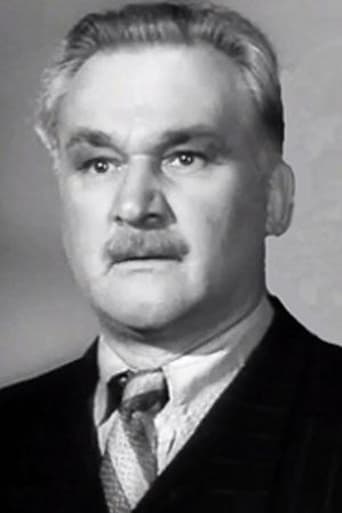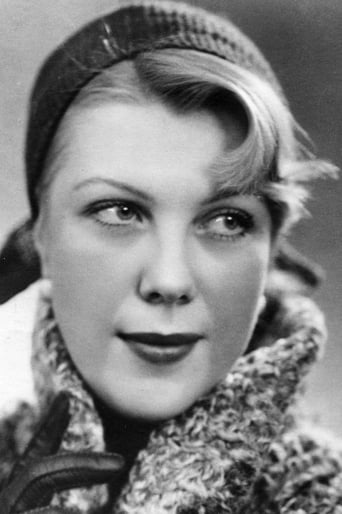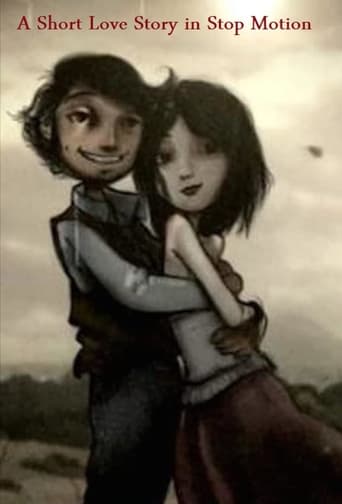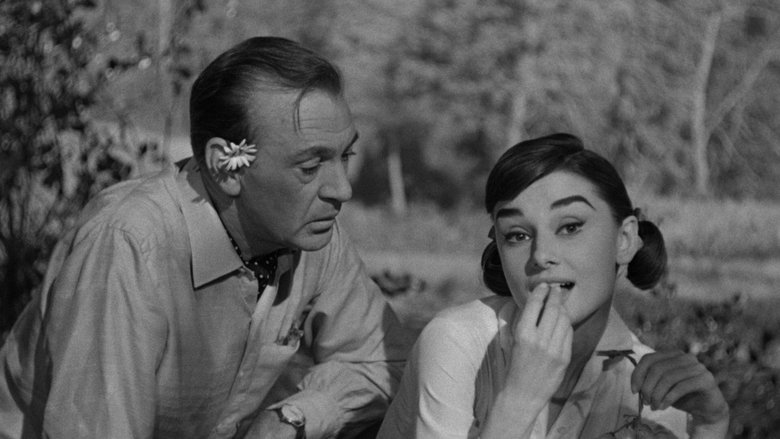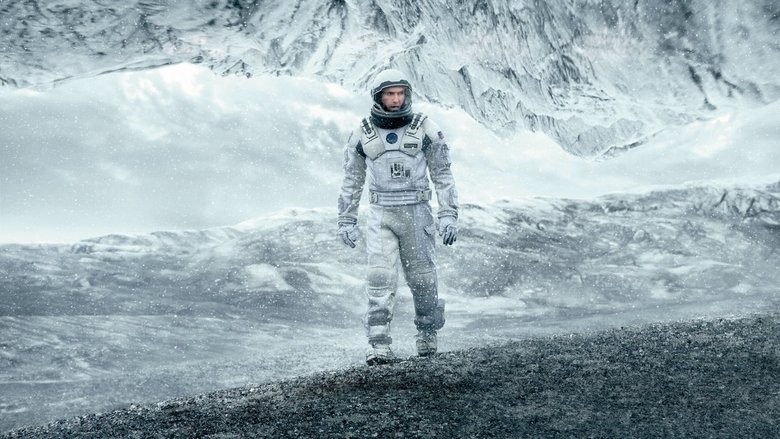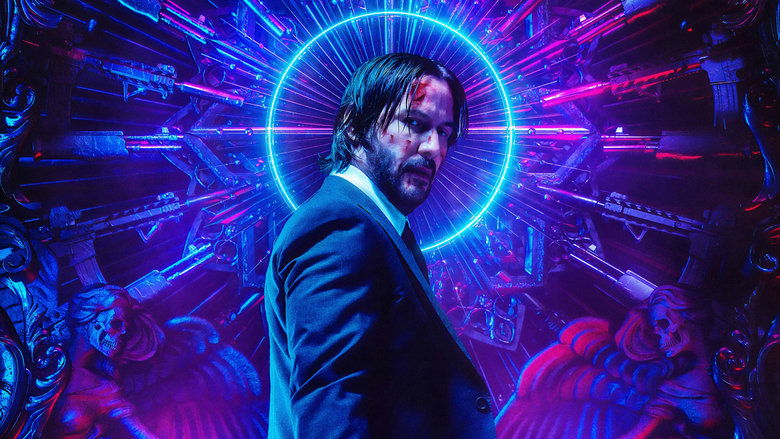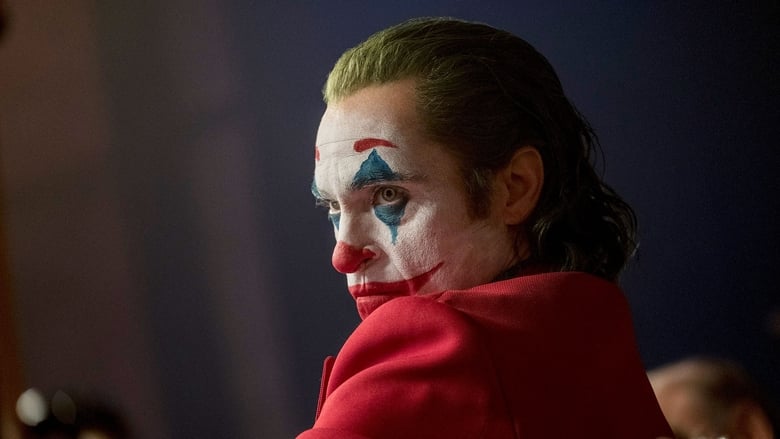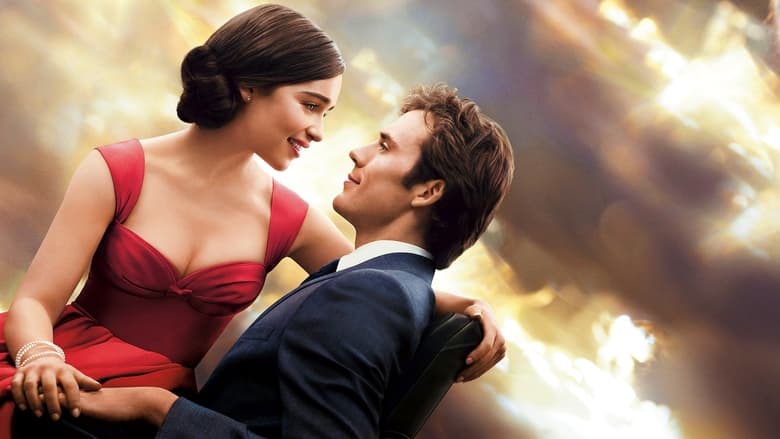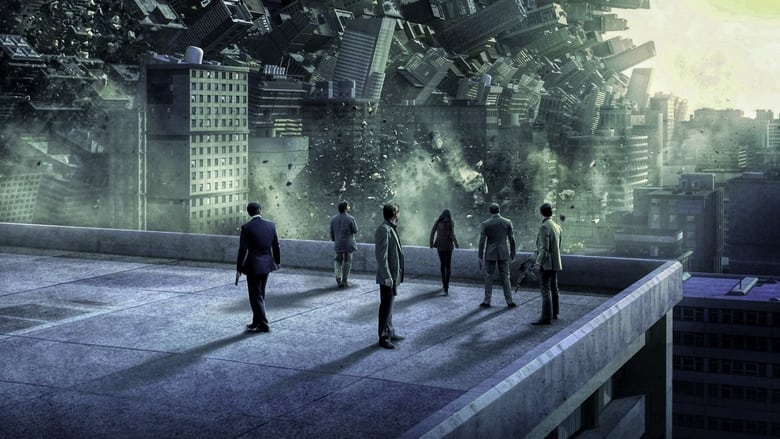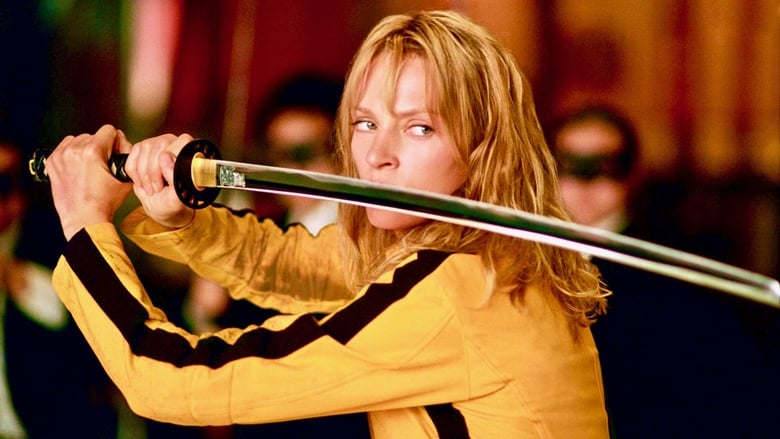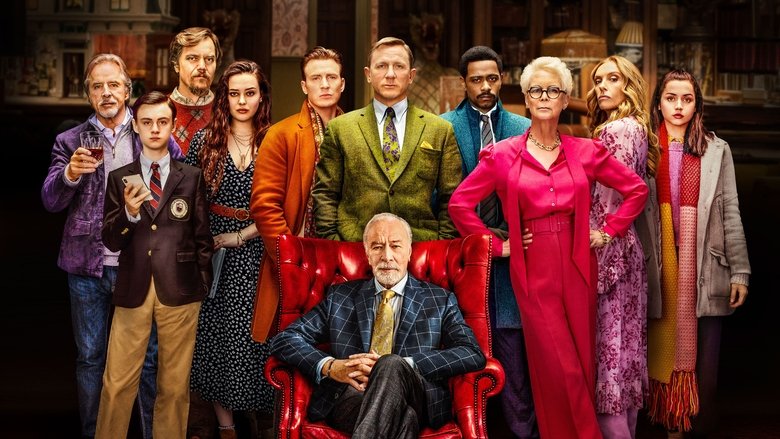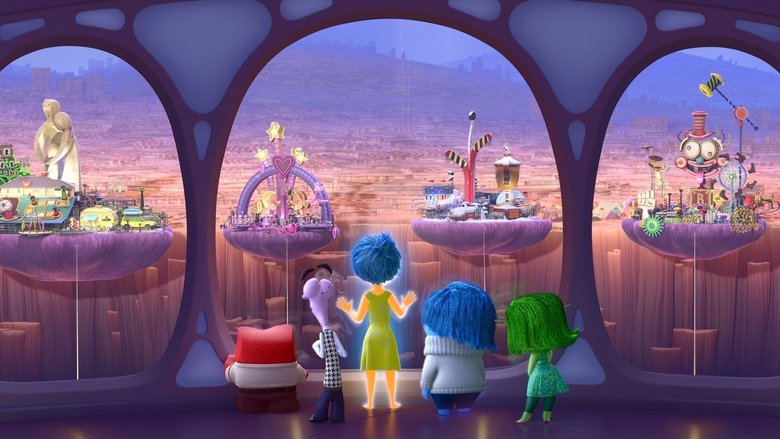For many years, Sasha Lvova has been waiting for the return of her lover, pilot Aleksei Astakhov, refusing to believe in his death at the front. And he really returns to her and his son after captivity, but this is a completely different person, rejected by society, expelled from the profession. It is difficult to say how Aleksei’s fate would have been if it hadn’t for Sasha’s love, her ability to survive in the most difficult circumstances.


Similar titles
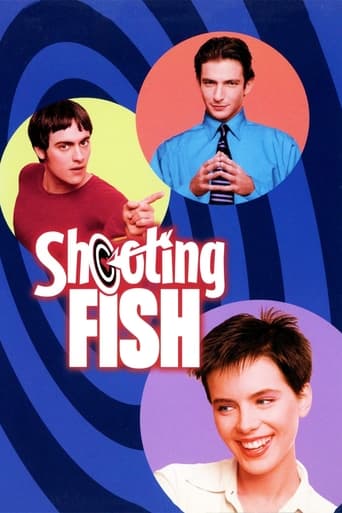
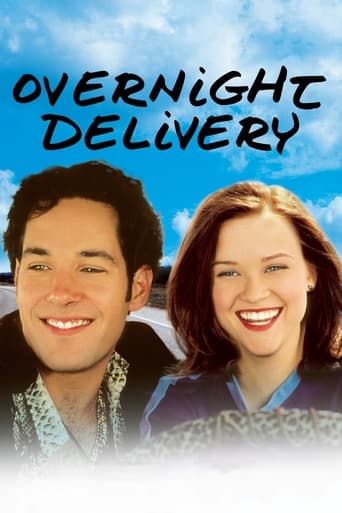
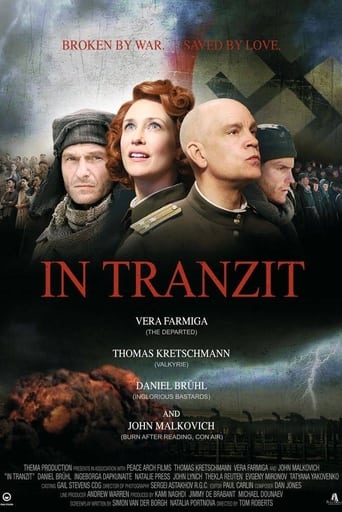
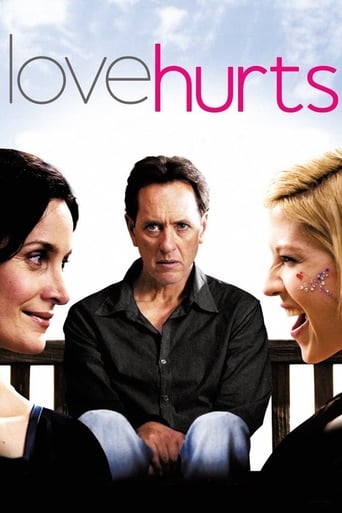
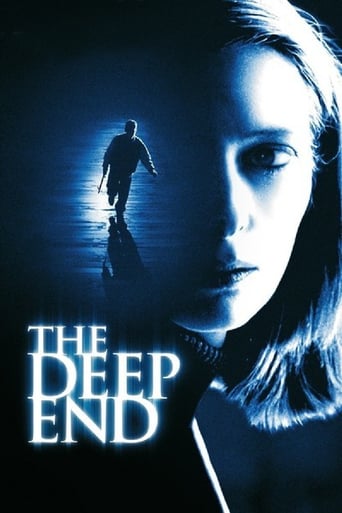
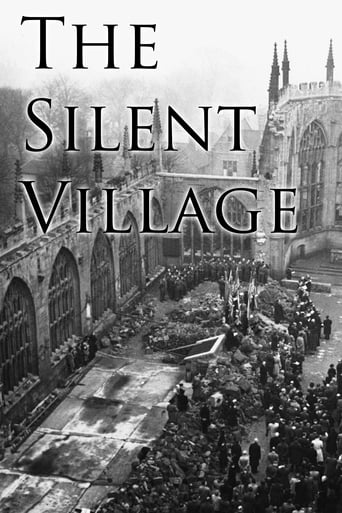
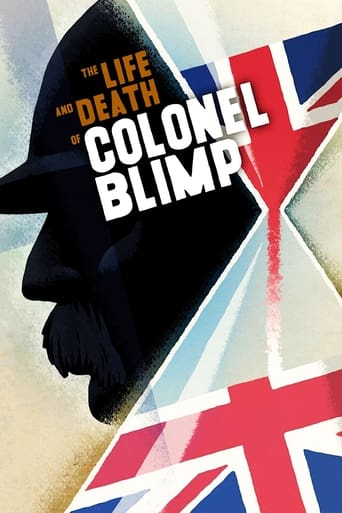
Reviews
"Clear Skies" is quite a remarkable film; it deals with a lot of uncomfortable realities of the era preceding it in a surprisingly and admirably frank way, while at the same time managing to fit within the state guidelines for expression of its era -- which were relaxed relative to Stalin's but still restrictive enough to force the filmmakers to be creative in obeying them. This makes for an affecting film in more ways that one. On the side of things, perhaps, on the socialist-realist front, our protagonists are a heroic pilot and a hardworking factory girl. Their early love affair is cute, but direct out of the most choreographed movie-land romances. But when he doesn't come back from Germany, we see, in rather stark contrast, a lot of the hardships that people their place and time faced -- the lines in the cold for bread, the shared and unfurnished living quarters, the crowds standing on train platforms making themselves up and then squinting for the briefest glimpse of their loved ones. And it's all the more believably real since it's in a film that was released to the people who had experienced it not that many years before. Amid it all, there are some very creative and artistic shots, especially showing Sasha's dreams and distressed psychological state, which are worth appreciating on their own. When our hero returns, things move from the difficult to the near political -- suspicion falls on him not just from the government, who keeps calling him back, but from his fellow citizens, who don't believe what he did. He can't get a job or join the Communist Party. And we can't help but know these things contribute to his falling into misery and excessive drink. All this is done sensitively and tastefully -- and the point is still made. Interestingly, as far as I could detect, Stalin is mentioned once and seen once in this film. We see his larger-than-life statue only as Aleksei is being denied party membership out of paranoia that he might have been a traitor. We hear his name only when it is announced that he has died and, with quite literal images of sheets of ice breaking, things begin to thaw. The ending, with Aleksei getting a surprise medal and returning to flying, is fast and trite on the surface -- but it comes after a long and pointed sequence of Sasha waiting hours for him outside the government office and clearly worried that he might have been sent to prison. A very daring and touching piece for approaching a political subject in the time it did and with the frankness it did, and a bit more uneven but no less interesting for the mitigating elements it had to include.
Clear Skies labors under several awkward Soviet film necessities of its period, but it succeeds in creating a convincing story that--unlike Chukhrai's mediocre Ballad of a Soldier--actually forces the viewer to think about the unpleasant realities of recent Soviet history. Chukhrai's skill in handling actors is evident in both movies, but builds to greater impact in Clear Skies. The camera work in Clear Skies is also far superior to the earlier movie--the scene with the train full of soldiers passing through the crowd of crying women is more skillfully shot than anything any American cinematographer was doing at that period. Unfortunately, Chukhrai's special effects for Clear Skies were laughably bad; he would have done better to leave the toy airplanes out of it.My own suspicion is that critics deem Ballad of a Soldier a classic because it used amateur actors and was shot in black and white, while they overlook the much better Clear Skies because of garish color, relentlessly photogenic characters and soap opera-ish ending make it seem--to them--like merely a somewhat tackier Hollywood film. In fact, it beats a great deal of what Hollywood was doing at that time, in spite of its political baggage.
Yevgueni Urbansky acted masterfully as a soviet pilot who was shut down by anti-air nazi fire, caught alive and put in prison until the war finished. Once back home, hurt but alive, he was suspected of betrayal and collaboration with nazis with the only evidence of his survival. Because of the suspects he was expelled out from the communist party to which he used to be a member. The film is just another accusation of Stalin's injustice with many of the Soviet citizens who heorically fought against Nazi army.
Probably the most daring Soviet movie from Khrushchev's "warming" period, directed by Grigori Chukhrai (whose son Pavel made the Oscar-nominated "The Thief.") Of course, such movie was possible only after Stalin's death when Khrushchev in 1956 denounced the "cult of personality" and all of Stalin's purges. This movie deals with exactly that subject. Chukhrai had a hard and very delicate task on his hands because he had to portray the issue while still following the propaganda guide-lines and affirming the righteousness of the whole communist system, so that the movie would actually pass the censors. What he did was create a story seen through the eyes of a young woman who fell in love with a pilot during WWII. Her lover then was captured by the Germans and, after he was able to return home, was imprisoned as a traitor. When he is released during the Khrushchev period, he attempts to deal with the repercussions of his past experiences, trying to start a new life. The movie, naturally, has a very happy, Soviet-style ending, but it manages to show pretty well the dramatic struggle of a man who genuinely loves his country and tries to undestand what he has done wrong, and his lover who stood beside him all along. I wouldn't say that "Chistoye Nebo" is any sort of a masterpiece (although it's kind of hard for me to judge), but it was an extremely important work for its own time period, and still carries a potent historical significance.
